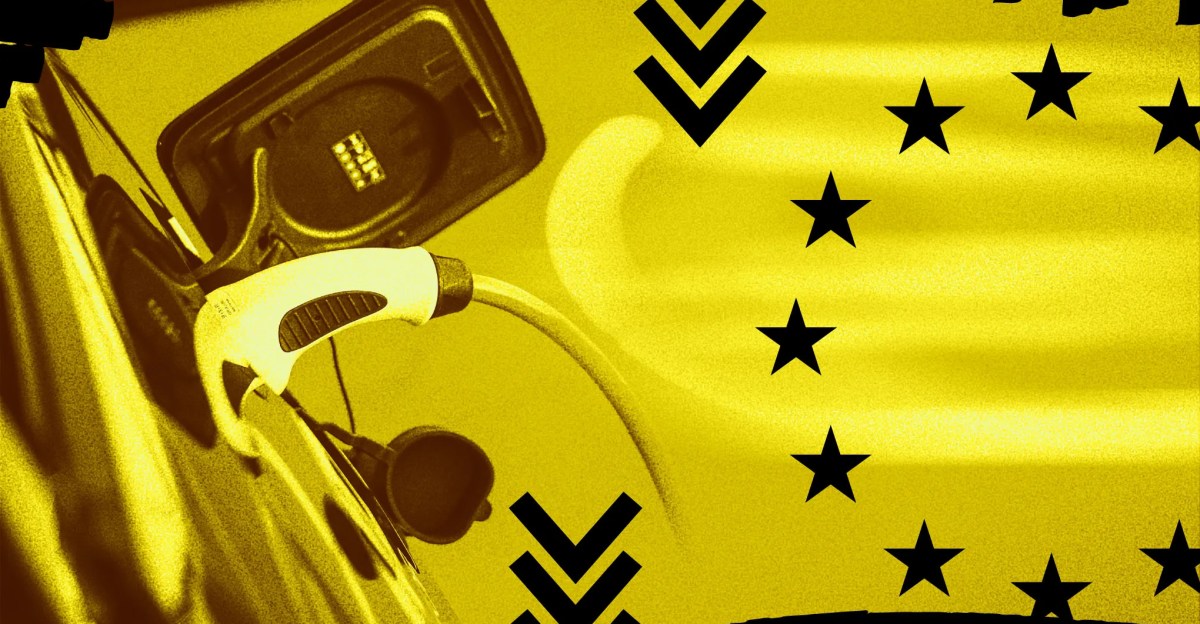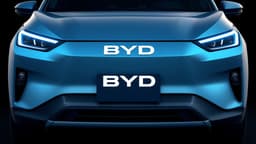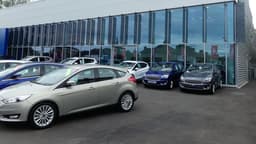Home / Business and Economy / Automakers Lobby EU to Weaken 2035 Combustion Engine Ban Amid Economic Pressures
Automakers Lobby EU to Weaken 2035 Combustion Engine Ban Amid Economic Pressures
17 Nov
Summary
- Mercedes-Benz CEO argues 2035 deadline is "no longer feasible"
- German government backs industry demands to roll back climate goals
- Debate over allowing hybrids and synthetic fuels to count as zero-emission

In the face of a sluggish economy and job losses in the auto industry, European leaders are now reconsidering the EU's ambitious 2035 deadline to phase out new combustion engine cars. Mercedes-Benz CEO Ola Källenius argues the rigid timeline is "no longer feasible" and more flexibility is needed to protect jobs and competitiveness.
The German government is backing industry demands to weaken the 2035 ban, concerned about the nearly 800,000 jobs the auto sector provides and the rise of right-wing populism fueled by economic uncertainty. Automakers want the EU to count plug-in hybrids and cars running on synthetic fuels as zero-emission vehicles, even if they have internal combustion engines.
However, critics warn that "turning the EU's most important automotive regulation into a Swiss cheese" would undermine Europe's climate goals and hand a competitive advantage to Chinese carmakers. There are also concerns that boosting support for plug-in hybrids could slow the transition to fully electric vehicles.
As the EU debates how to help the struggling auto industry, the shift to electric vehicles is already underway, with battery-electric and hybrid models accounting for 16% of new car sales in Europe so far this year. But the industry faces challenges like high costs and meager profit margins on EVs. Automakers argue they need more time to maintain their competitiveness against new Chinese rivals.



